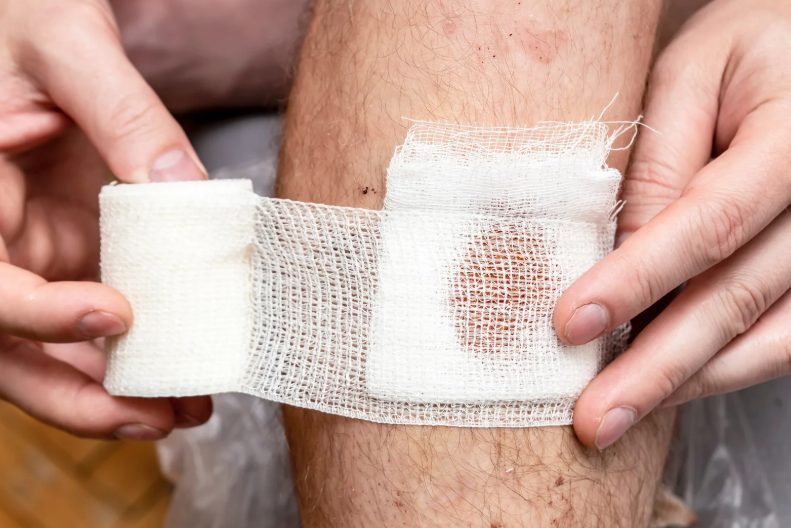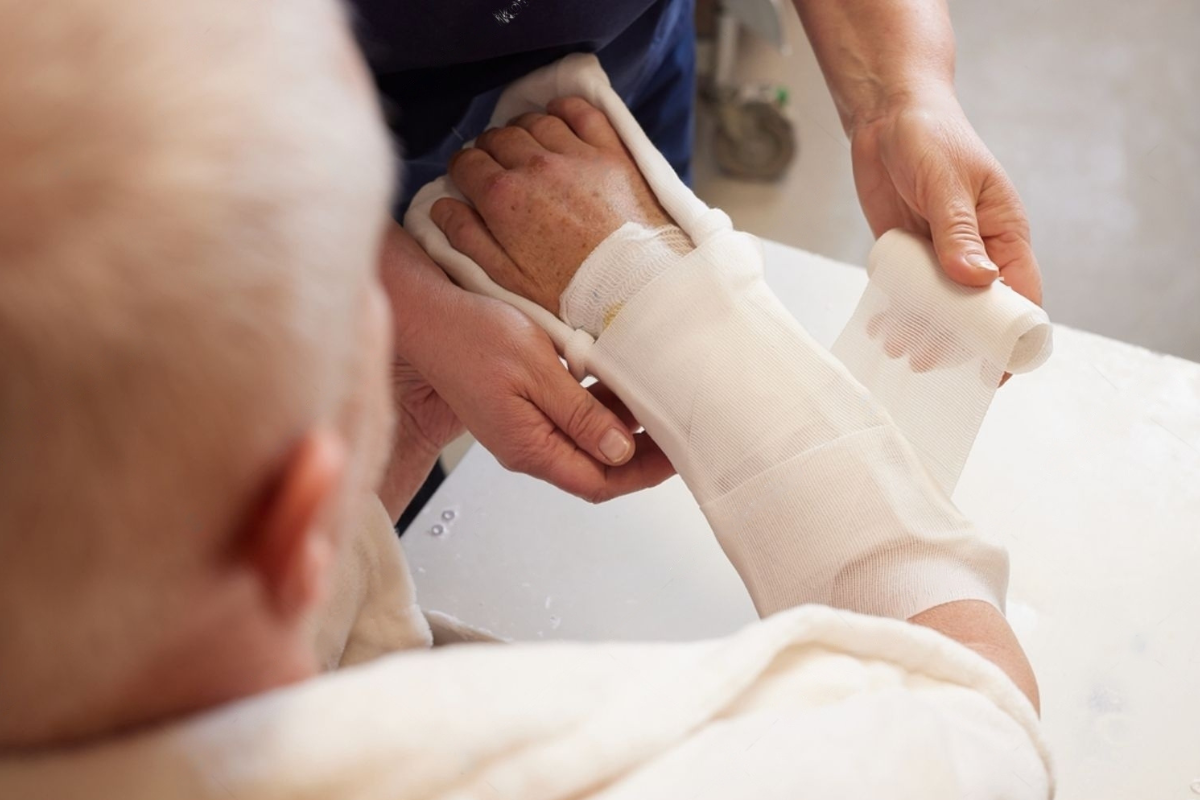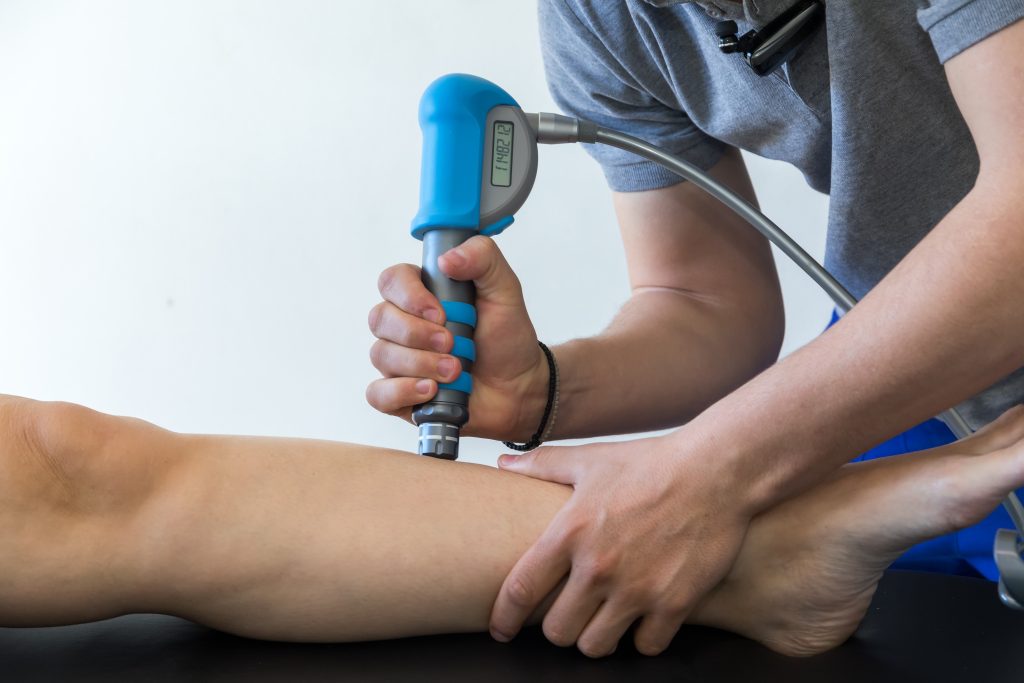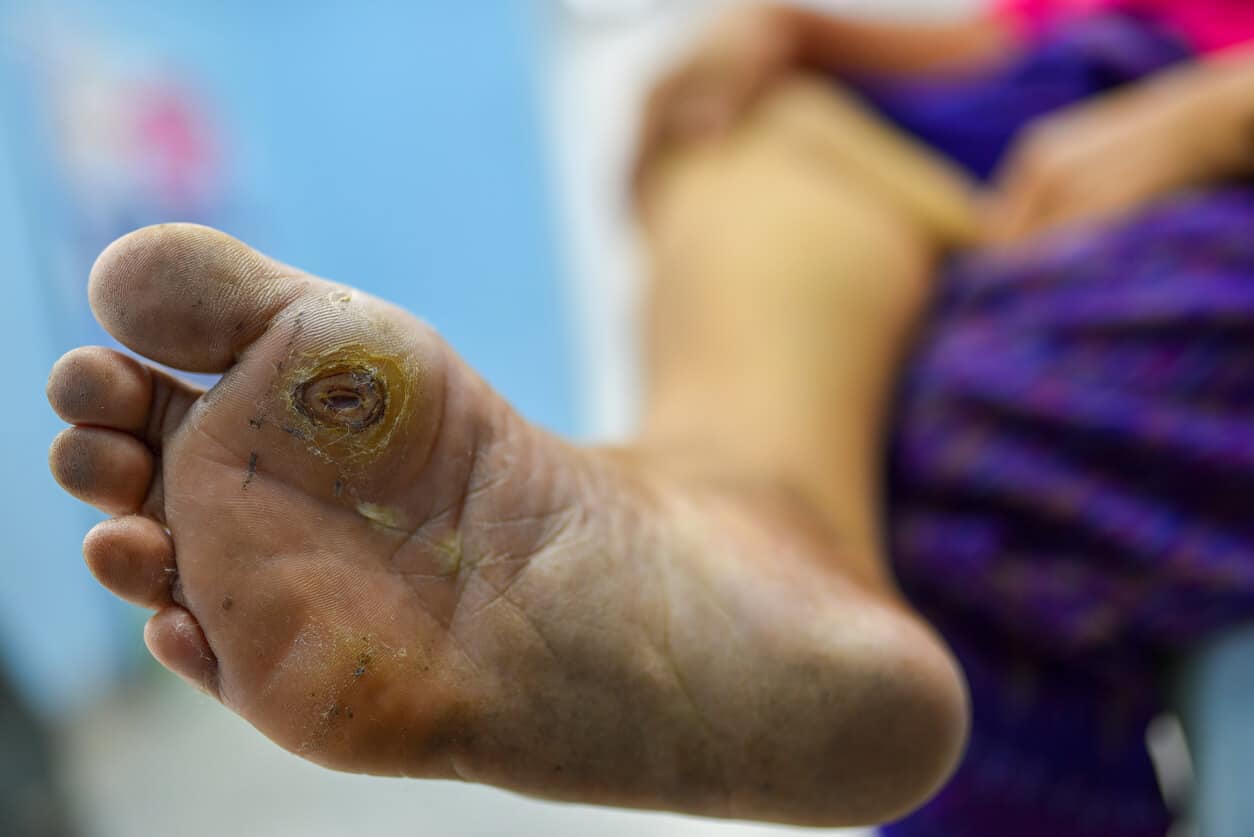Shoulder injuries are a common concern, affecting people of all ages and activity levels. Understanding the types, causes, and treatments of shoulder injuries is crucial for maintaining mobility and quality of life. In this blog, we’ll explore the various shoulder injuries, their symptoms, and effective treatment options to help you navigate your shoulder health.
What Are Shoulder Injuries?
Shoulder injuries refer to a range of conditions that affect the shoulder joint, one of the most mobile joints in the body. Due to this high mobility, the shoulder is susceptible to injuries that can cause pain and functional loss. Common symptoms of shoulder injuries include pain, swelling, limited range of motion, and instability.
Common Types of Shoulder Injuries
Rotator Cuff Tears: Rotator cuff tears can be classified into acute and degenerative types. Acute tears typically occur from sudden injury, while degenerative tears result from the gradual wearing down of tendon tissue over time. Symptoms include pain, weakness, and difficulty raising the arm.
Tendinitis: Shoulder tendinitis is characterized by inflammation of the tendons due to overuse, particularly from repetitive overhead activities in sports or laborious jobs. Symptoms include swelling, pain during movement, and reduced range of motion.
Glenohumeral Dislocations: Glenohumeral dislocations occur when the head of the humerus pops out of the shoulder socket, often resulting in soft tissue injuries, such as rotator cuff tears. Symptoms include extreme pain, visible deformity, and limited movement.
Arthritis in the Shoulder: Arthritis can affect the shoulder joint in two main forms: osteoarthritis and rheumatoid arthritis. Osteoarthritis typically develops due to age or overuse, leading to cartilage breakdown, while rheumatoid arthritis is an autoimmune condition that causes inflammation and pain.
Impingement Syndrome: Impingement syndrome occurs when the subacromial structures are compressed, causing pain during overhead movements. Symptoms often include pain when lifting the arm and a feeling of weakness.
Adhesive Capsulitis (Frozen Shoulder): Frozen shoulder, or adhesive capsulitis, is characterized by pain and stiffness, resulting in limited active and passive range of motion. The condition typically develops gradually and can take months to improve.
Causes and Risk Factors
Shoulder injuries can result from various factors, including repetitive motions, trauma, and age-related degeneration. Occupations that require heavy lifting or overhead work increase the risk. Additionally, sports that involve overhead activities, such as swimming or tennis, can contribute to shoulder problems.
Diagnosis of Shoulder Injuries
Accurate diagnosis of shoulder injuries is essential for effective treatment. Healthcare providers typically conduct a physical exam, assess symptoms, and may utilize imaging tests, such as X-rays or MRIs, to determine the extent of the injury.
Treatment Options
Conservative Treatments: Conservative treatment options, such as physical therapy, are often effective for managing shoulder injuries. Physical therapy focuses on strengthening the shoulder muscles, improving flexibility, and alleviating pain. Nonsteroidal anti-inflammatory drugs (NSAIDs) may also be prescribed to reduce inflammation.
Surgical Options: In cases where conservative treatments fail to provide relief, surgical options may be considered. Procedures like arthroscopy can repair torn tendons or remove inflamed tissue, while open surgery may be required for more severe injuries.
Prevention Strategies
Preventing shoulder injuries involves adopting proper techniques during activities and maintaining shoulder strength and flexibility. Warm-up exercises, strength training, and ergonomic adjustments in the workplace can significantly reduce the risk of injury.
Takeaway
Understanding shoulder injuries is crucial for anyone experiencing shoulder pain or discomfort. Early recognition and appropriate treatment can prevent further complications and improve quality of life. If you have persistent shoulder pain, don’t hesitate to seek professional help.











